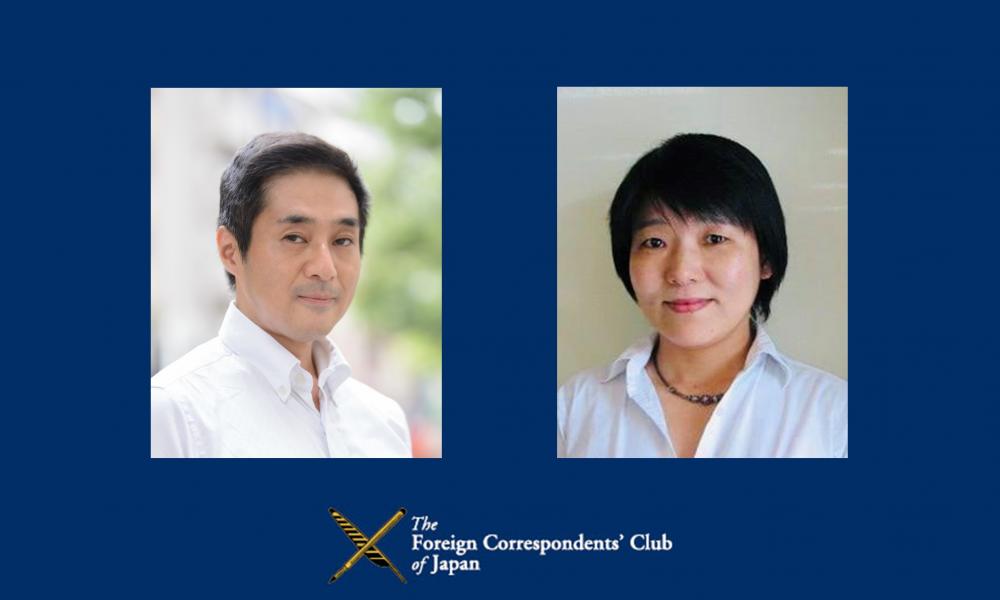PRESS CONFERENCE
"Discrimination against Refugees in Japan"
Actions for Afghanistan
Reiko Ogawa, Chiba University; Refugee Assessor at Japan's Ministry of Justice
Norimasa Orii, Chair of the Board, Pathways Japan
13:00-14:00 Friday, April 22, 2022
Language: The speech and Q & A will be in English.
Japan has strongly denounced Russia's invasion of Ukraine nearly two months ago and welcomed those displaced by the conflict. Refugees have been offered financial and material help, and even promised counseling to help them settle in Japan. The Ukraine crisis highlights the misery of other refugees who have fled their homes under similar circumstances to arrive in Japan in the past - but this benign treatment of Ukrainians is the exception, not the rule, say critics.
The Taliban takeover of Afghanistan in August 2021 forced tens of thousands of Afghans to flee. Among the 600 Afghan evacuees who arrived in Japan last summer are students, academics, as well as professionals targeted for their ethnic origin, gender, or their work in media, academia, civil society, or in foreign organizations promoting human rights in Afghanistan. Yet more than six months later, these refugees are still waiting for their status to be recognized. With little of the official support made available to those from Ukraine, Afghan refugees and their material and mental wellbeing are left to the generosity of NGOs or private organizations with very limited resources.
According to a March 2022 survey by Actions for Afghanistan, an alliance of refugee rights advocates and academics, most Afghan evacuees fret about their future in Japan without employment, education, insurance, financial aid or even Japanese language skills. Added to these anxieties is their constant fear for the safety of family members remaining in Afghanistan and the Japanese government's lack of clear policy and support.
Reiko Ogawa is a sociology professor at Chiba University; a Board Member of Japan Association for Migration Policy; and serves as a refugee examination counselor at Japan's Ministry of Justice. She is the coeditor of Gender, Care and Migration in East Asia (2018, Palgrave McMillan).
Norimasa Orii is the Chair of the board of Pathways Japan, an organization established in July 2021 with the aim of opening new pathways for refugee students through education. He previously served as the Program Manager at the Japan Association for Refugees where he supported the admission of 31 Syrian refugees to Japan in five years on education pathways.
How to attend:
Please register at front@fccj.or.jp with your name, the name of your media outlet, and FCCJ membership number. Due to space restrictions attendance will be limited. Doors open 15 minutes before the event. Please sign in, giving your name and contact details at the reception, and have your temperature taken before proceeding.
How to watch online: https://www.youtube.com/c/FCCJchannel/live
Livestreaming of the press events will be available and video of this event will be uploaded to our FCCJ YouTube channel.
How to ask questions: https://forms.gle/DVS7hkigVoMjQ6Mk9
Members watching the event online can submit questions for the speakers in advance using this submission form.
TV crew:
Please make a reservation at front@fccj.or.jp. Doors open for TV crews only at 30 minutes before the event.
Professional Activities Committee


